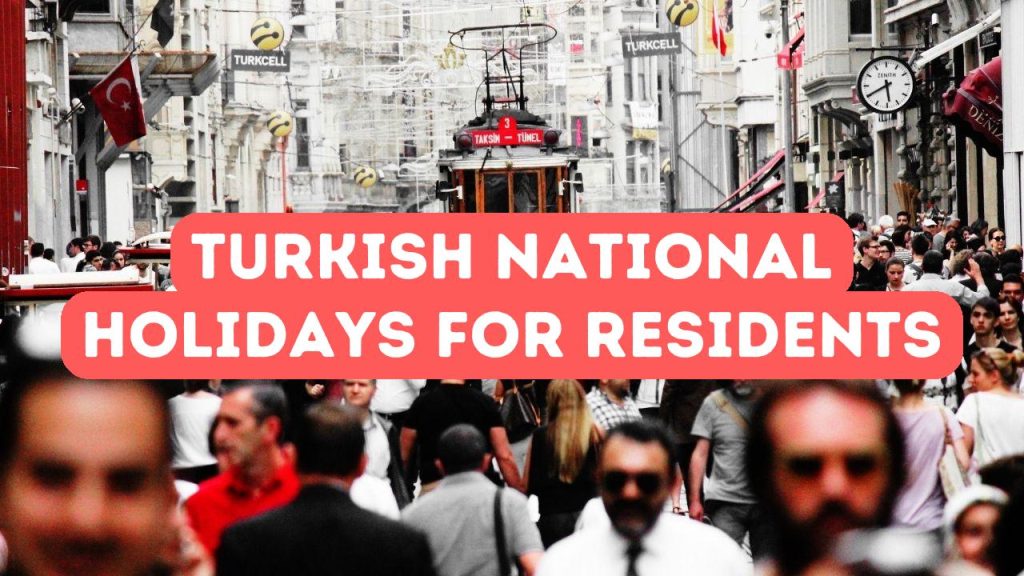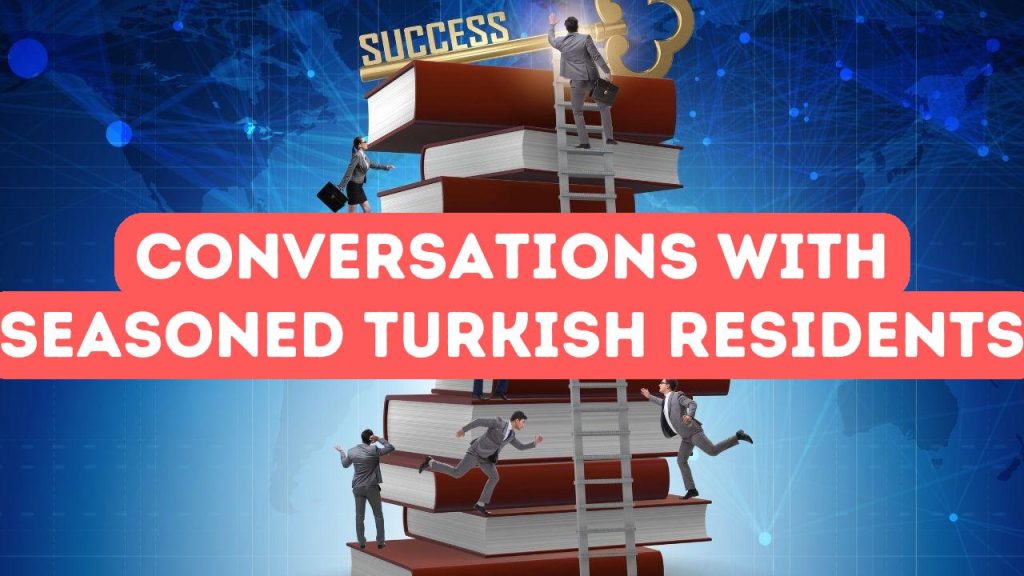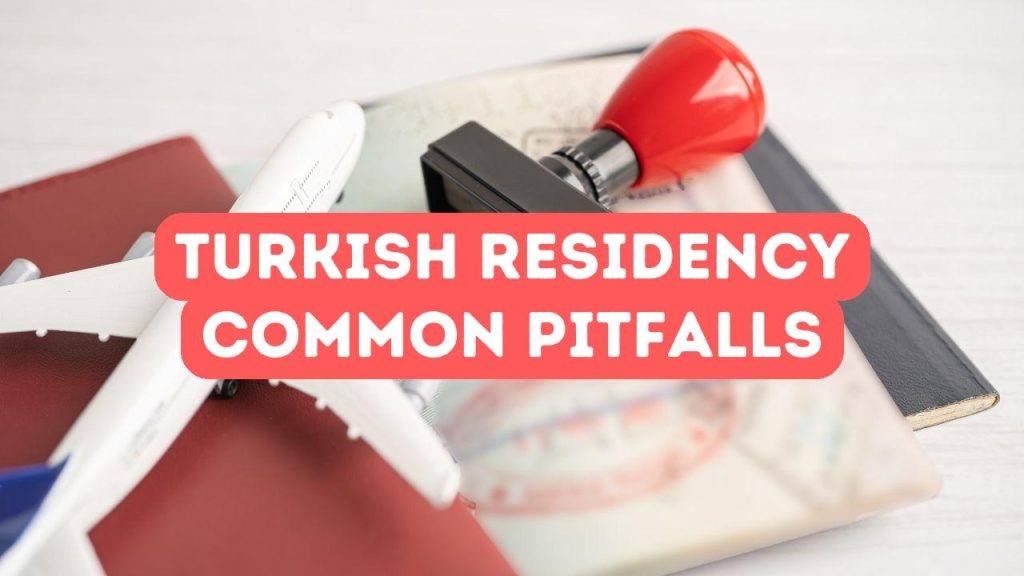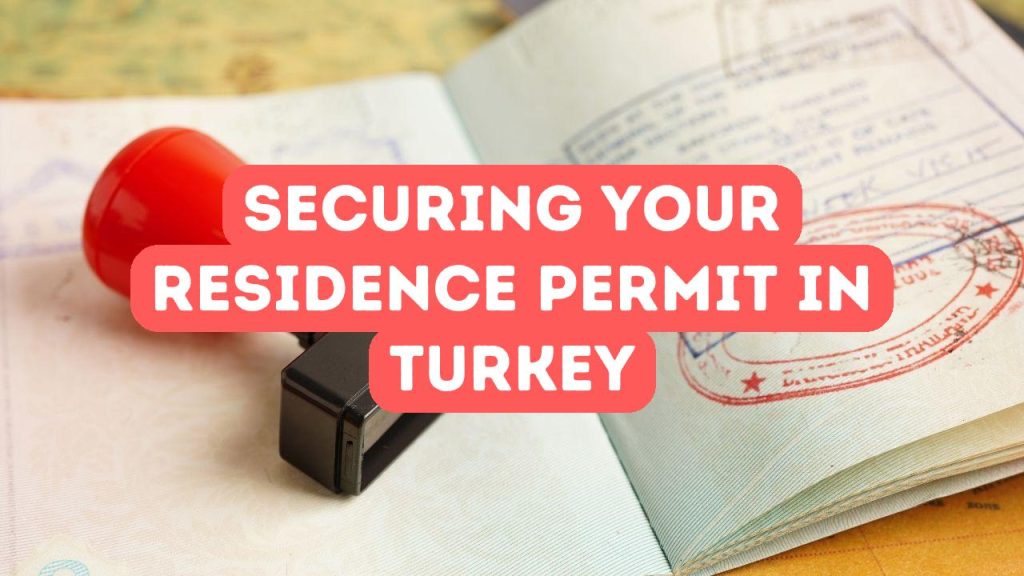Commemoration and Celebration: How National Holidays Shape Turkish Identity
In Turkey, national holidays are not merely annual markers on the calendar; they are a vibrant embodiment of the country’s collective identity and historical consciousness. Days such as April 23rd, National Sovereignty and Children’s Day, reflect Atatürk’s dedication to the future generations, encapsulating the national ethos that youths are the bedrock of the nation’s future. These commemorations serve as both a reminder of the sacrifices made to secure Turkey’s sovereignty and as opportunities to impart patriotic zeal to the young. On these occasions, schools across the nation are transformed into festive arenas where children don costumes, recite poems, and perform folk dances, effectively linking cultural heritage with national pride. The intensity of these celebrations weaves a shared narrative that transcends ethnic, religious, and social divides, creating a unified identity. It is in these moments of collective celebration that the Turkish nation renews its pledge to the principles of liberty, democracy, and solidarity, which are the foundation stones upon which the Republic was established.
The immersion in national celebrations such as Republic Day on October 29th further cements the Turkish identity through collective remembrance and joyous festivities. As military parades roll down city boulevards and fireworks illuminate the night sky, a sense of historical continuity and national pride swells in the heart of each Turkish citizen. Elders share tales of the republic’s birth with the younger generation, while public figures and intellectuals engage in dialogues regarding Turkey’s path and aspirations. This intertwining of past and present highlights the role of holidays as temporal bridges that reinforce the values of the republic and honor the vision of Mustafa Kemal Atatürk. Each citizen, regardless of their place in society, finds a moment of connection to their country’s storied past, as these holidays instill a reverence for the collective struggle and the ongoing endeavor to nurture and protect their shared homeland.
Beyond the spectacle and fervor, national holidays in Turkey also play a crucial role in fostering solidarity amidst diversity. Victory Day, celebrated on August 30, commemorates the Turkish triumph in the Battle of Dumlupınar, the final act in the nation’s War of Independence. Such historic commemorations resonate deeply with the populace, serving as collective pauses for reflection on the nation’s resilience and unity in the face of past adversities. As different ethnic and cultural groups within Turkey gather to honor these seminal moments, there is a conscious reaffirmation of the shared values and common destiny that bind them together. Regardless of individual backgrounds, these holidays provide the platform for Turkish residents to experience an inclusive patriotism, offering a sense of belonging and reaffirming their commitment to a communal identity that is intricately tied to the nation’s storied legacy and democratic aspirations.
The Socioeconomic Ripple Effect of Turkey’s National Observances
On the surface, Turkey’s national holidays exude a palpable sense of unity and pride, but beneath the celebratory displays, they instigate significant socioeconomic ripples. Government offices, schools, and businesses often close, allowing families and communities to engage in the observance of these pivotal days. This suspension of the everyday bustle shifts the economic momentum, as there is a surge in retail activity prior to holidays for items like flags, traditional attire, and festive decorations. Simultaneously, sectors such as tourism and hospitality reap benefits from increased domestic travel as citizens participate in events or visit memorials that honor their historical significance. However, this disruption also tempers everyday commerce and can burden hourly workers with unpaid days off, creating a complex economic tapestry woven with both opportunity and challenge for the residents of Turkey.
The socioeconomic impact is particularly felt in smaller towns and villages, where local businesses and markets align their operations with the rhythms of national celebrations. Vendors and artisans experience a swell in demand, crafting and selling goods that resonate with the patriotic sentiments of holidays. This boost in local economies is vital, providing a lifeline for traditional crafts and family-run enterprises. Conversely, the annual ebb and flow of commerce during national holidays can strain these smaller economies, as they must compensate for fluctuations in cash flow and consumer attendance. The holidays’ cadence underscores an economic paradox; they both invigorate with spontaneous commerce and impose inertia on structured business activities, requiring local residents to navigate the delicate balance between cultural engagement and economic stability.
Beyond individual and local economic effects, Turkish national holidays embody a broader socioeconomic influence by fostering nationalistic sentiments that drive public and private sector initiatives. These holidays encourage corporations and government entities to invest in community projects, patriotic campaigns, and infrastructure that supports national heritage sites, indirectly creating jobs and stimulating economic growth. As citizens come together to remember and celebrate, there’s a heightened awareness of societal issues, and charitable actions often surge, reflecting a collective philanthropic spirit. Yet, this national focus can also divert attention and resources from other pressing social concerns temporarily, presenting policymakers and civic leaders with the challenge of balancing the cultural reverence of holidays with the continual need for social development and inclusion.
Cultural Unity and Patriotism in Turkish Society: A Study of National Holidays
On the kaleidoscopic streets of Turkish cities during national holidays, an unequivocal wave of patriotism washes over the populace, unifying diverse ethnicities and social classes under a shared banner of national pride. This phenomenon is vividly displayed through the sea of red and white Turkish flags adorning balconies, businesses, and public squares, and the unanimous recitations of the national anthem resonating through the air, imbuing citizens with a collective spirit of patriotism. Such occasions transform individual citizens into constituents of a larger national family, as people from different walks of life engage in acts of remembrance and celebration. The enchanting display of cultural performances, military parades, and educational programs does more than entertain; it educates the younger generations about the sacrifices that underscore their sovereignty and solidifies a national narrative that celebrates the successes of the Turkish republic and its enduring legacy.
The palpable sense of unity during these celebrations is not a happenstance but a conscientious endeavor, woven into the fabric of Turkish society through school curricula, public discourses, and media narratives that emphasize the historical significance and emotional resonance of national holidays. Schoolchildren don their smartest uniforms and participate in meticulously rehearsed performances that echo the nation’s victories and milestones, thereby internalizing a sense of cultural identity and historical continuity. Adults, too, find themselves swept up in the nostalgia and pride stirred by veterans’ parades and speeches by public officials paying homage to the founders and defenders of the Turkish state. Such collective participation in national holidays acts as a crucible for patriotism, tempering individual identities within the forge of national consciousness, crafting a shared identity that spans Turkey’s geopolitical divides and generational differences. The sheer scale of involvement in these commemorations stands as a testament to the holidays’ success in fostering a strong sense of national unity.
Beyond the stirring marches and flamboyant displays of national fervor, Turkish national holidays act as a periodic catalyst for reinforcing societal norms and underlying values that bind the community. It is a time when the collective conscience transcends political discord, emphasizing commonality over difference, and inviting everyone into a space of shared pride and retrospection. Such moments of unity are important for political and social stability, offering a respite from daily divisions and reminding citizens of the fundamental principles that the Republic was founded upon. In this way, national holidays serve as not only an occasion for jubilation but also a powerful instrument of cultural cohesion that shapes Turkish society from the bustling streets of Istanbul to the serene countrysides of Anatolia, perpetuating a legacy of patriotism that promises to endure for generations to come.






